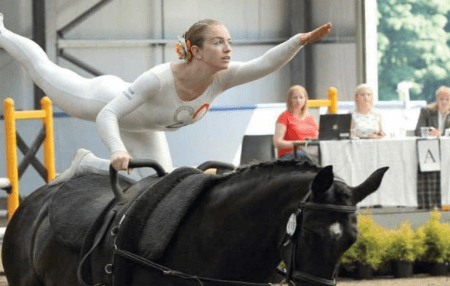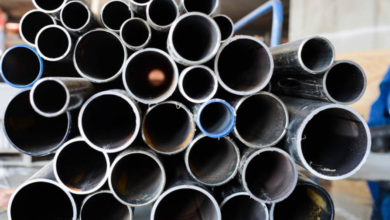What is the history of equestrian vaulting?

Equestrian vaulting, often described as gymnastics and dance on horseback, combines the beauty of both these arts with the majesty of the horse. This ancient sport has evolved over centuries, from its origins in ancient cultures to its modern competitive form. Let’s delve into the fascinating history of equestrian vaulting.
Origins in Ancient Times
Equestrian vaulting’s roots can be traced back to ancient civilizations. It was not only a form of artistic expression but also a crucial skill for warriors.
1. Ancient Crete and Greece
The earliest evidence of vaulting dates back to ancient Crete, around 2000 BCE, where frescoes depicted acrobatic feats on the backs of bulls.
In ancient Greece, vaulting was part of the training for cavalrymen, as seen in the writings of Xenophon, an historian and horseman.
2. Roman Empire
The Romans took vaulting to a grand scale, incorporating it into their circuses and public games. It was both a form of entertainment and a display of horsemanship and warrior skills.
Middle Ages to Renaissance: A Symbol of Nobility
During the Middle Ages, vaulting became a symbol of nobility and chivalry in Europe.
1. Knightly Training
Vaulting was an essential part of a knight’s training, teaching them balance, strength, and agility on horseback.
2. Renaissance Fairs and Tournaments
In the Renaissance period, vaulting became a spectacle in fairs and tournaments, showcasing the harmony between horse and rider.
The Modern Sport Emerges
The transformation of vaulting from a military exercise to a competitive sport began in post-Renaissance Europe.
1. Circus and Entertainment
In the 18th and 19th centuries, vaulting gained popularity in circuses, with performers executing elaborate gymnastic routines on cantering horses.
2. Recreational and Competitive Vaulting
By the 20th century, vaulting evolved into a recreational activity and competitive sport, especially in Europe. It became a way to teach riding skills and improve balance and harmony with the horse.
Equestrian Vaulting in the Modern Era
Today, equestrian vaulting is recognized as an international sport with competitions worldwide.
1. Fédération Équestre Internationale (FEI)
The FEI, the international governing body for equestrian sports, officially recognized vaulting in 1983, standardizing rules and hosting international competitions.
2. Competitive Formats
Modern competitions include individual, pas-de-deux (pairs), and team events, showcasing artistic and athletic skills.
3. Global Reach
The sport has expanded globally, with countries from all continents participating in international competitions.
Conclusion
The history of equestrian vaulting is a testament to the enduring bond between humans and horses. From its ancient origins to its modern status as an artistic and athletic discipline, vaulting continues to captivate audiences and participants with its unique blend of grace, strength, and harmony.




